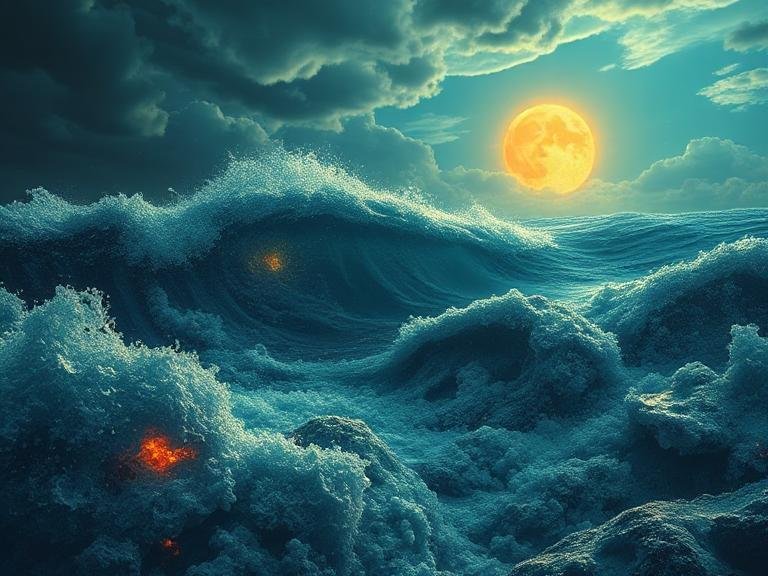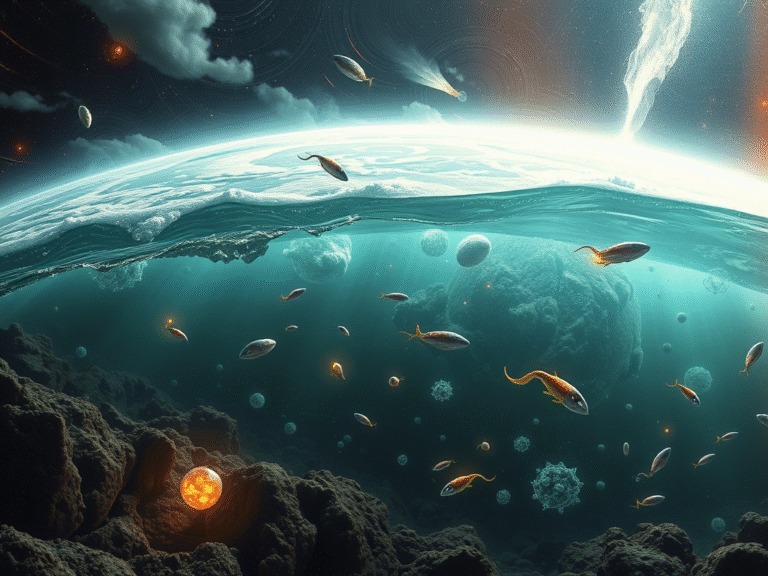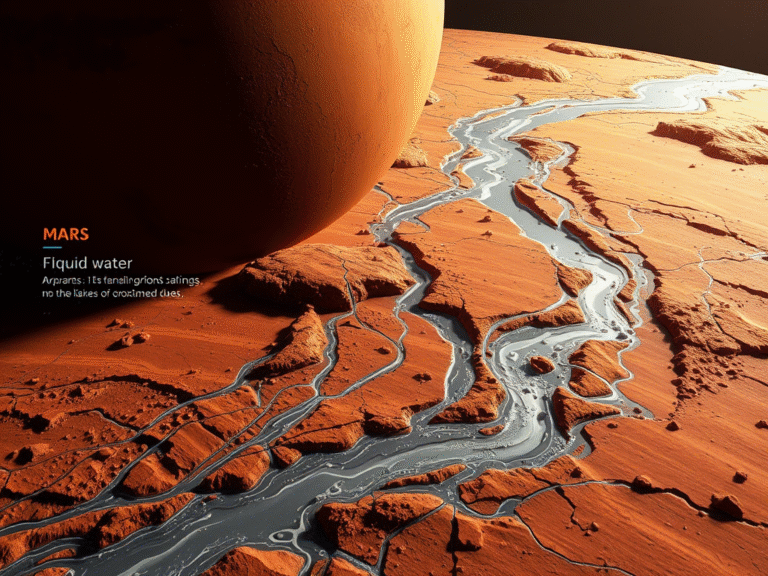From Microscopic Plankton to Giant Whales: How Ocean Warming Wiped Out Marine Life

From Microscopic Plankton to Giant Whales: How Ocean Warming Wiped Out Marine Life
A severe marine heatwave spanning from 2014 to 2016 wreaked havoc along the Pacific coastline, disrupting marine ecosystems from the smallest plankton to the largest whales while triggering massive die-offs, species migrations, and fishery failures.
Widespread Environmental Destruction
Kelp forests disappeared, species moved northward, and iconic marine creatures died off—providing a sobering preview of what future oceans might look like under continued climate change. This extensive event highlights the critical need for immediate marine conservation efforts and climate action.
Understanding Future Ocean Challenges
Scientific Study Reveals Climate Impact Severity
New research from the University of Victoria demonstrates just how dramatically marine heatwaves can disrupt ocean ecosystems, offering valuable insights into the potential consequences of future ocean warming.
During 2014-2016, the Pacific coast of North America experienced the longest marine heatwave ever documented. Ocean temperatures rose two to six degrees Celsius above normal historical levels and remained elevated for an extended period. Scientists at UVic’s Baum Lab examined the ecological consequences by analyzing findings from 331 scientific studies and government reports.
Unprecedented Ecological Disruption
“The marine heatwave caused extraordinary ecological disturbance across thousands of kilometers of North America’s west coast,” explains Samuel Starko, lead author and former UVic postdoctoral fellow. “Our comprehensive analysis of the heatwave’s ecological impacts helps us better understand its overall effects and how these fit into the broader context of other marine heatwaves.”
Massive Species Migration Patterns
The research team discovered that 240 marine species appeared outside their normal geographic ranges during the heatwave, with many moving considerable distances northward. Several species, including the northern right whale dolphin and the sea slug Placida cremoniana, were observed more than 1,000 kilometers beyond their typical territories.
Catastrophic Loss of Kelp Ecosystems
The heatwave triggered widespread kelp and seagrass decline, with many kelp forests completely collapsing. Species ranging from sea stars to seabirds died in unprecedented numbers, and unusual mortality events were recorded in multiple marine mammal species. Pycnopedia helianthoides, a key rocky shore predator, nearly faced extinction.
Cascading Effects Throughout the Food Chain
Many of the heatwave’s impacts were interconnected, with direct effects on certain species creating complex dynamics that influenced everything from plankton to whales. Temperature-related diseases, such as sea star wasting syndrome, contributed to ecosystem collapse. The decreased abundance and nutritional quality of forage fish created problems for predators. Plankton communities underwent significant changes, and offshore ocean productivity was fundamentally altered.
Significant Economic Consequences
The heatwave also carried substantial economic costs. The closure of multiple fisheries, driven by changes in species interactions, disease spread, and habitat destruction, resulted in hundreds of millions of dollars in losses.
Climate Change Warning and Call to Action
“As heatwaves become more frequent and intense under climate change, the 2014-16 Northeast Pacific marine heatwave provides a critical example of how climate change is impacting ocean life, and how our future oceans may look,” states Julia Baum, UVic marine ecologist and special advisor on climate. “This study underscores the urgent need for proactive, ecosystem-based marine conservation strategies and climate change mitigation measures.”
Research Publication Details
Reference: “Ecological Responses to Extreme Climatic Events: A Systematic Review of the 2014–2016 Northeast Pacific Marine Heatwave” by Samuel Starko, Graham Epstein, Lia Chalifour, Kevin Bruce, Daisy Buzzoni, Matthew Csordas, Sean Dimoff, Rebecca Hansen, Dominique G. Maucieri, Jennifer McHenry, Kristina L. Tietjen, Brian Timmer, Julia K. Baum, 2025, Oceanography and Marine Biology: An Annual Review.
The research received support from the Natural Science and Engineering Research Council of Canada, Mitacs, Oceans North, Fisheries and Oceans Canada, and the Forrest Research Foundation.
Research conducted in the Baum Lab supports the United Nations Sustainable Development Goals (SDGs) No. 11 (life below water) and No. 13 (climate action).





